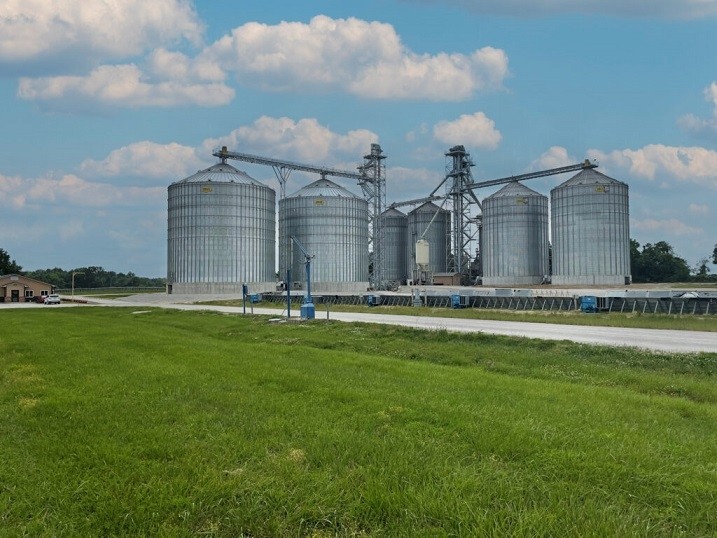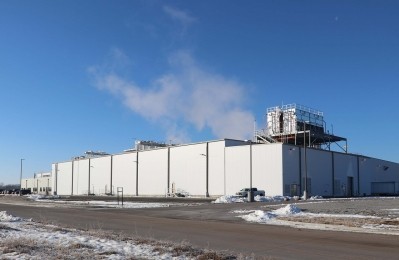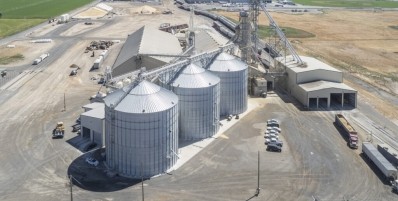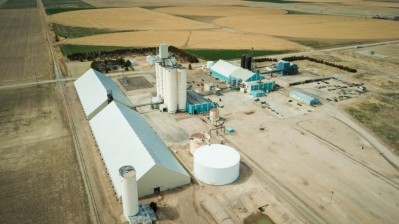Scoular makes Missouri grain handling site sustainability testing ground

The US agribusiness group is attempting to make the site as energy efficient as possible and is also working with farmers and its feed and food customers on sustainability solutions for their supply chain.
Elevator of the future
Over the summer, variable frequency drive motors were installed on fans for the facility bunkers, along with metering that tracks wind speed and controls motor output. It is estimated that this technology will reduce annual facility energy consumption by as much as 67%, while a new system tracks the site’s overall fuel and energy usage per bushel. This data will be used to compare efficiency year over year.
Facility employees are also testing lower-emission options for equipment, such as an electric skid steer versus an internal combustion conventional machine.
In relation to initiatives planned for 2024, Scoular is set to install an on-site solar panel system to supply up to 30% of the facility’s annual usage with renewable energy. There is still a lot in the works in terms of assessing other renewable energy sources, such as vertical wind turbines, Kate Pitschka, Scoular’s corporate sustainability manager, told us.
As its feed and food customers develop plans to meet supply chain reduction goals, initiatives like the sustainability hub show that Scoular is willing to engage and partner with them on such objectives, she stressed.
Scoular buys, sells, stores, handles, and processes grain and ingredients by leveraging global networks and expertise in international trade and transportation. Employing 1,400 people in 100 offices and facilities in North America and Asia, it supplies farmers, grain processors, renewable energy producers and manufacturers of animal feed, aquafeed and pet food as well as food, beverages, and supplements.
Scoular like so many other agribusiness operators, is aiming to significantly decrease its resource consumption and greenhouse gas (GHG) emissions while improving product quality and safety.
“Back in 2020, we officially launched our first sustainability strategy. And as we looked to really lean into meeting our overall commitments, we had the idea to focus on one site, to test and prove out our overall strategy.”
The location of the Adrian site, and the fact that is a relatively new facility - it was built in 2012 - meant it ticked a lot of boxes when the team was choosing the ideal testing ground.
In 2022, the company completed an extensive upgrade at that site, which handles corn, wheat, and soybeans. Located about 60 miles south of Kansas City, the operation serves multiple markets including soybean processors, poultry feeders and flour mills.
Scope 3 emissions, regenerative agriculture
The Scoular representative said the company is receiving increasingly more queries from customers about its Scope 3 emissions data, with it planning to quantify those emissions in the coming year. “We have just begun that project.”
It is also working on sourcing initiatives, collaborating with farmers on regenerative agriculture practices as another way to reduce its carbon footprint, she said.
Indeed, the company envisions the Adrian site to be a lab for everything from operational sustainability strategies to regenerative agriculture practices. In August, Scoular held a meeting there on regenerative agriculture with over 40 producers, an event that was undertaken in partnership with the University of Missouri Center for Regenerative Agriculture and the Natural Resources Conservation Service (NRCS).












